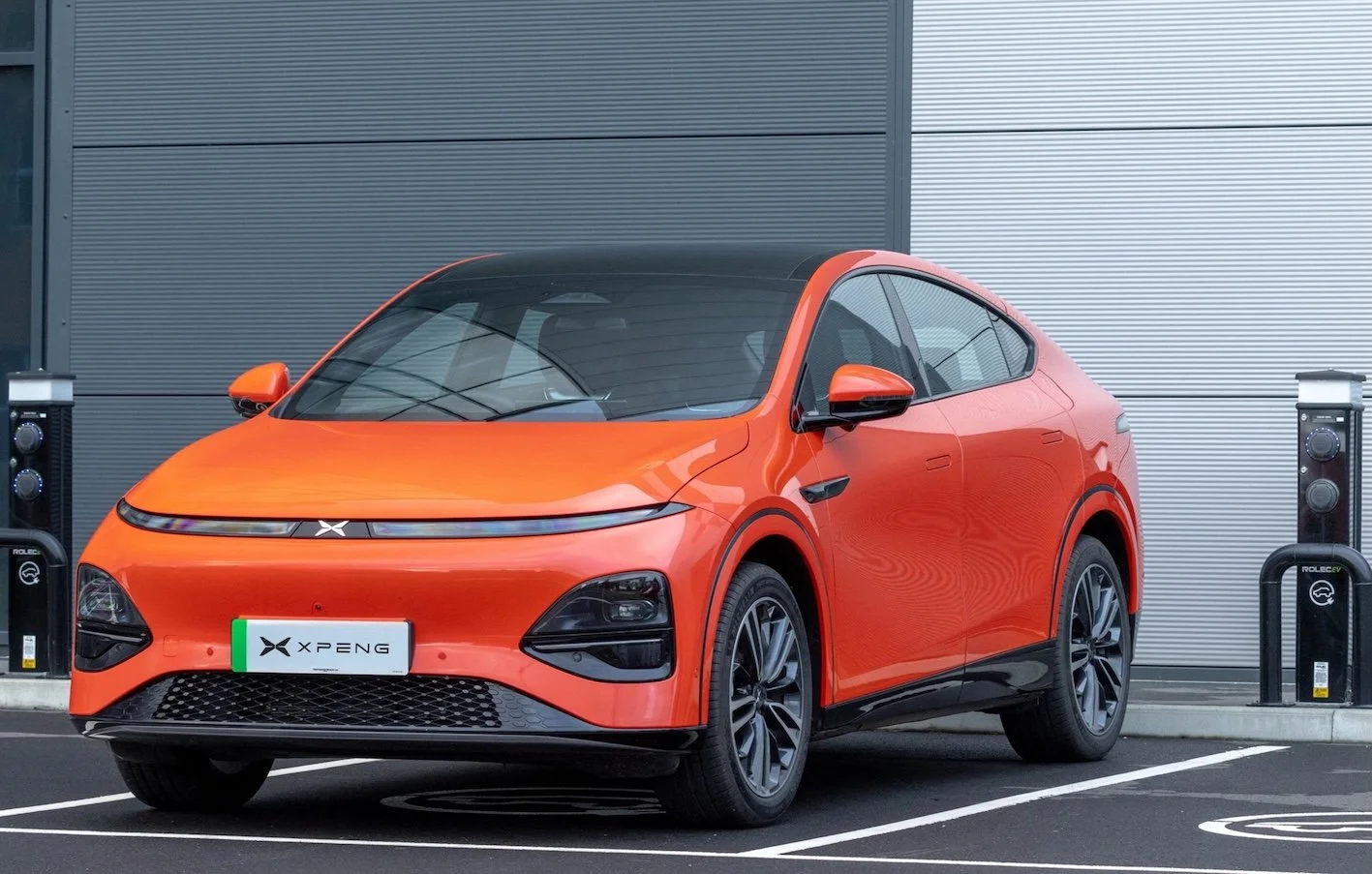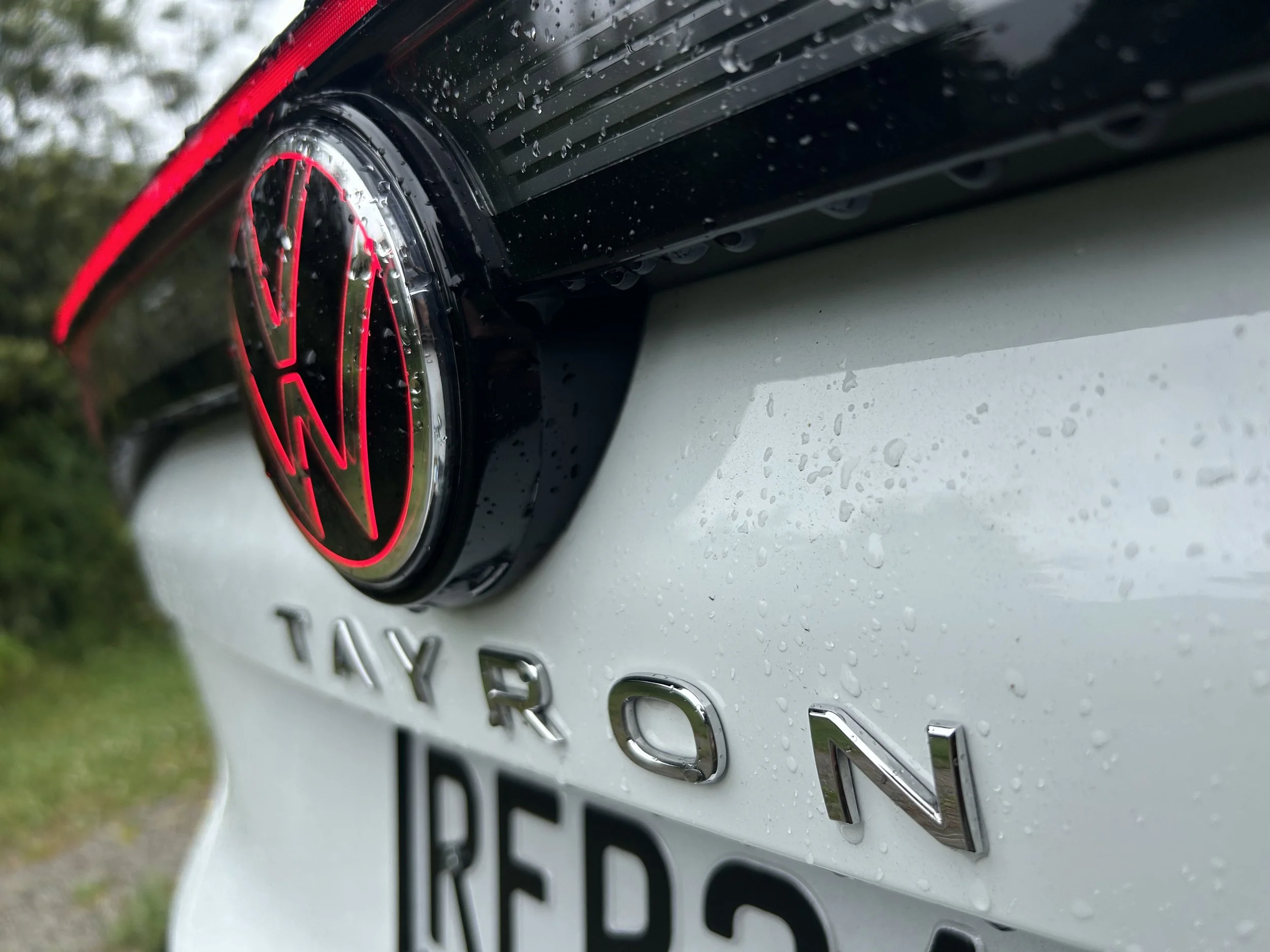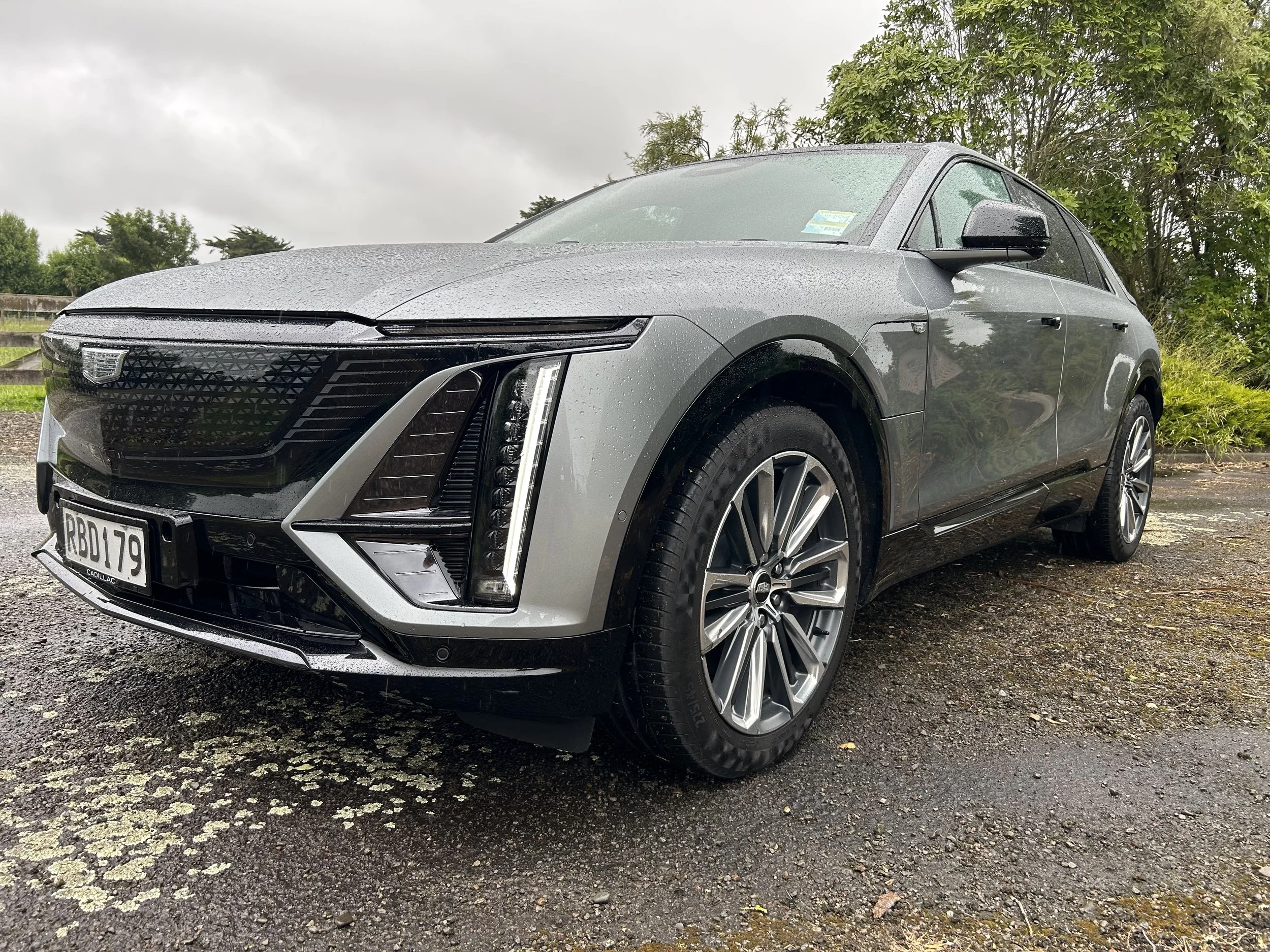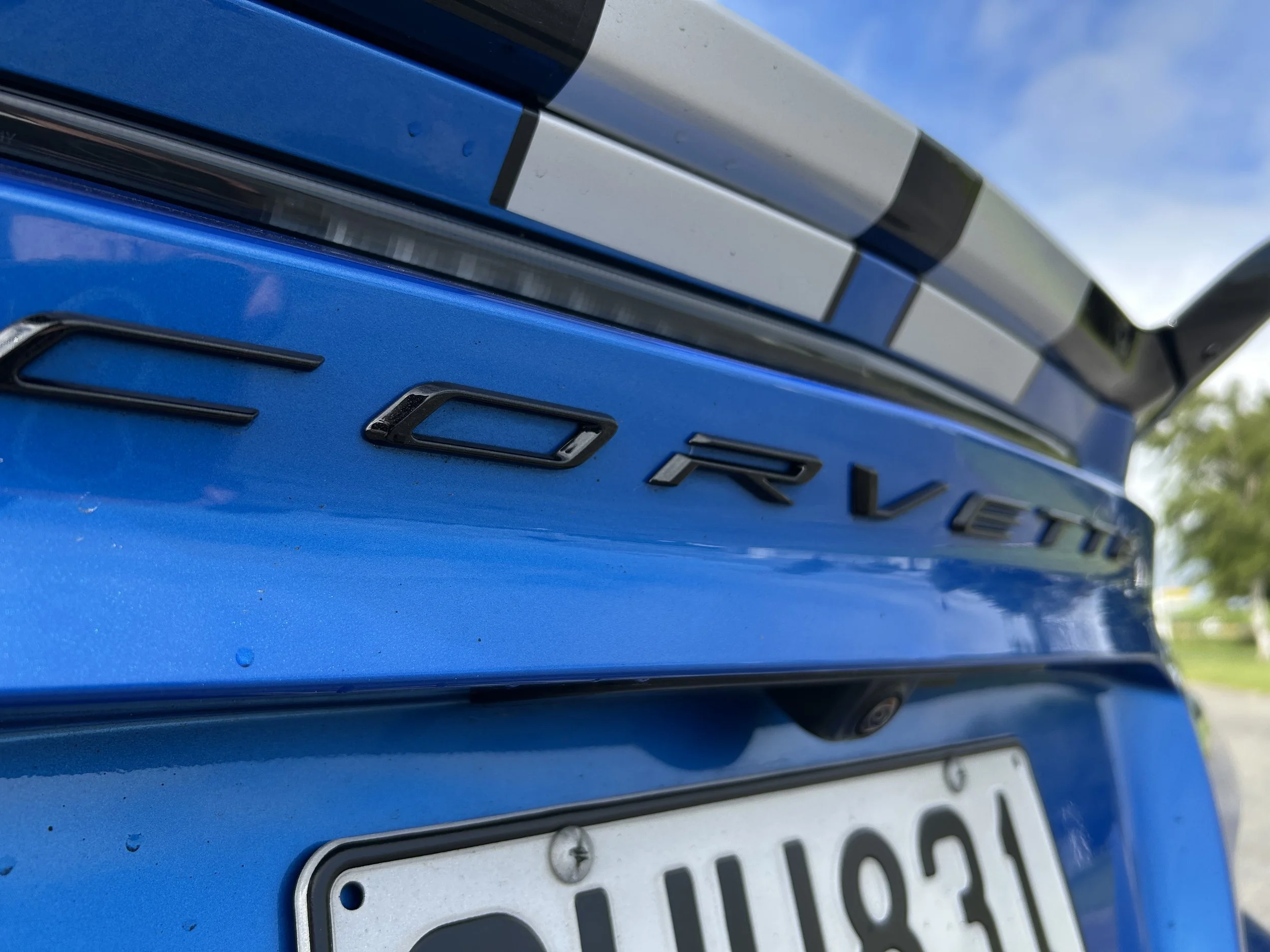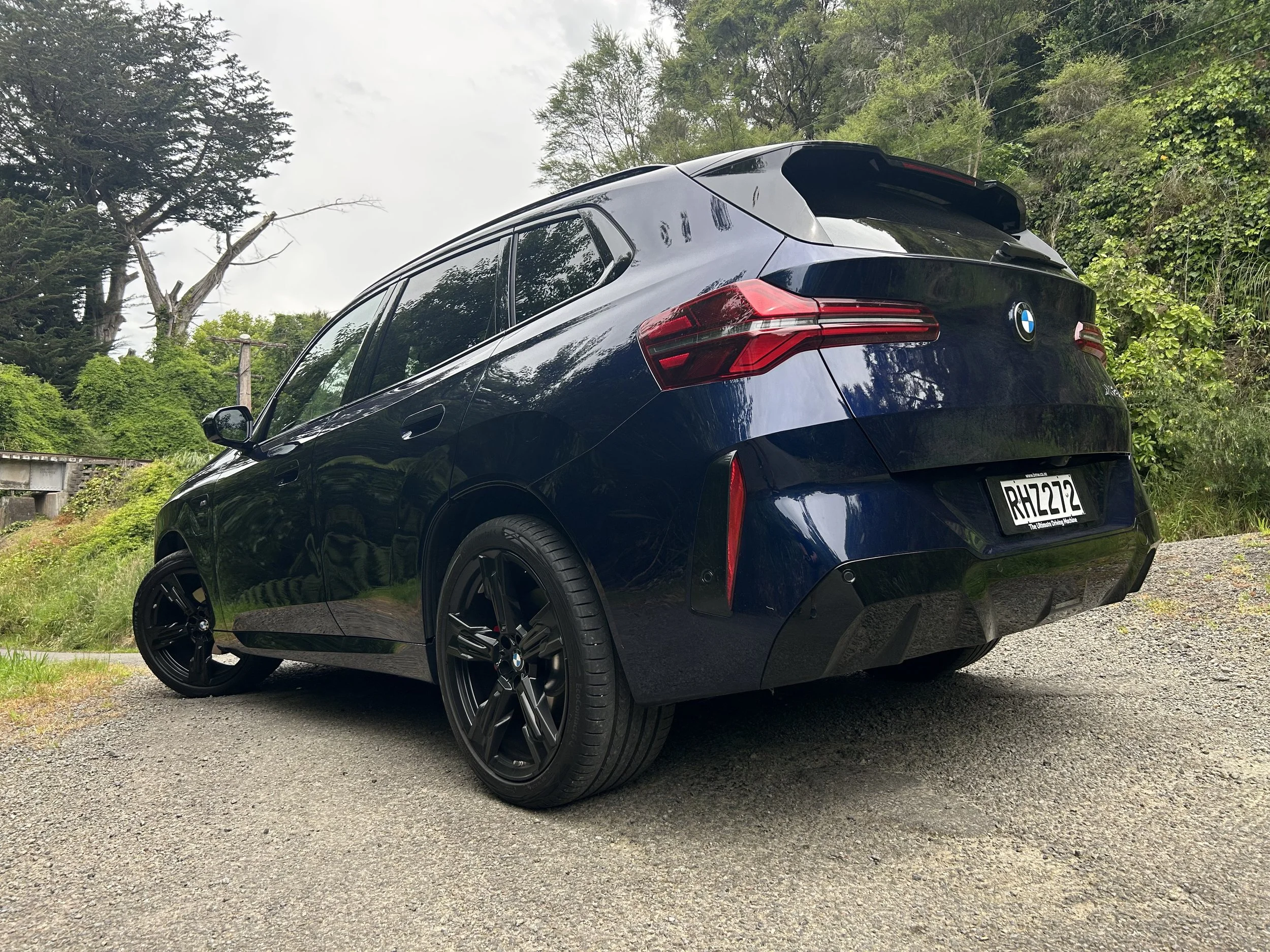NZ-developed EV battery monitoring tool announced
/A four-way partnership is backing the ‘battery passport’.
Audi has the largest fleet of EVs in the premium category.
CONSIDERATION into resolving perceived environmental problems related to the disposal of expended electric vehicle batteries has spurred development of an online tool called a ‘battery passport’.
Audi New Zealand, which has several cars in the premium EV sector with two more to shortly launch, has supported the concept and is encouraging other car brands to also involve.
With prediction of a world swing delivering 140 million EVs by 2030 seeming solid, along with thought that, as much as New Zealand is just at the beginning of this journey - just over 17,505 electric cars on our roads, around 13,000 of which are pure - the uptake will grow rapidly, the options in respect to replacement and recycling are becoming more relevant.
Intertwined with this comes an announcement today from the Battery Innovation Hub (BIH), a working group within a national organisation called the Battery Industry Group, whose primary job is to help inform the context for responsible end-of-life management of large batteries, primarily those in electric vehicles.
Mainly funded by Ministry for the Environment, but with new vehicle distributor mouthpiece the Motor Industry Association and Auckland electricity and gas distributor Vector also chipping in, BIG is no small-time endeavour; 170 members from businesses, academia and organisations, expert across energy, transport, waste and battery sectors.
The BIH says it has achieved a collaboration with Vector, the national distributor for car brand Audi and Everledger, which describes as being a “digital transparency company”, to encourage use of what the cohorts describe as being a circular economy-principled battery traceability platform.
In layman’s terms? Well, from the gist of an accompanying video presentation shown here, it’s basically an internet tool to keep track of a battery’s health.
The ‘battery passport’ aims to ensure large batteries, such as those found in EVs or used in renewable energy storage, are tracked through each stage of their life cycle, then managed and disposed of responsibly.
The number of large batteries is forecast to increase dramatically over the coming years because of the growing EV fleet and their use in electricity storage such as solar storage.
Large batteries have been identified within e-waste as one of the six priority products identified by the New Zealand Ministry for the Environment requiring a regulated product stewardship scheme.
BIG has drafted a proposed product stewardship scheme for large batteries that steps through second-life ideas then into disposal, which it proposes should be undertaken at a specialist facility in Australia that has no equivalent in NZ.
Designed by Everledger, the battery passport offers key at-a-glance information about each electric battery, including serial number, state of health and ownership transfer data that can be passed on to each new owner until the battery reaches the end of its life.
A release from BIH today claimed it will be a crucial move towards creating a new ‘circular’ economy for large batteries and front-footing the e-waste challenge, citing that “currently, most batteries are downcycled and then disposed of in landfill, which is unsustainable and outdated.”
Recent research suggests up to 1000 EV batteries came to the end of their lives by the end of 2020. Predictions show this could rise to 84,000 by 2030, showing an urgent need to make changes and introduce solutions such as the battery passport.
Audi NZ general manager Dean Sheed says Audi is committed to a sustainable future, and being a leader in electrification.
“This focus naturally aligns with assuming the role of development partner in this new venture.
“We believe the lessons learned in the development of this passport can be used to establish an industry-wide programme supporting an electric and sustainable future,” Sheed says.





